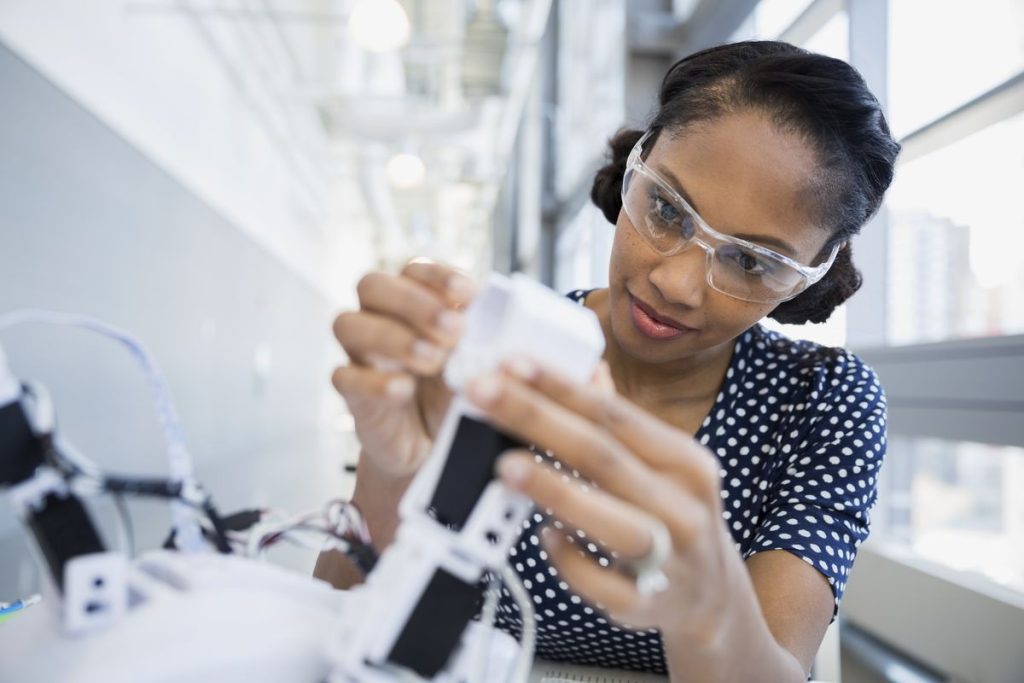Globally, the media is revered for its impact on societal norms and its power in shaping perception and influencing decisions. For decades this power has been highly significant in how our society has developed and the values that we uphold. In this way, we say that the media holds a mirror to society and reflects its reality, however, this reality can be distorted in certain ways. The portrayal of gender stereotypes and bias in the media can often be subtle but its effect on societal representation can be far-reaching.
Some examples of this effect in society can be seen in how gender roles are being reinforced in media representation and the career limitations that are placed upon women in society. From news reporting to entertainment, lifestyle, and health the media plays a huge role in interpreting and relating the ideal ethics and values that we must aspire to. Thus, the burden of breaking ingrained patterns and views that threaten a path to inclusion, development, and equity is placed on the media as the fourth estate of the realm.
Defining Unconscious Bias and Gender Stereotypes
The Sustainable Development Goals Report of 2022 declared that the world is not on track to achieve gender equality by 2030, described as Goal 5 of the 17 Global Goals instituted by the United Nations in 2015. The report stated that only 15.4% of indicators are “on track” for the actualisation of gender equality by the timeline. Despite recent strides in addressing gender inequality, there is a growing need for concerted efforts to address underlying causes which are systemic and individual.
Unconscious bias could be viewed as quick and involuntary decisions or judgments made based on personal experience or entrenched thought patterns resulting from continuous socialisation. On a base level, unconscious bias is how our minds associate issues and categorise things to react in situations based on the information we have received. This is how we decide what colours suit an occasion or what is considered appropriate behaviour.
As Professor Jennifer Raymond confirmed, we are all affected by unconscious bias. And this is no doubt reflected in our approach to gender issues. The stereotypes that we force people to fit into stem from the ideas and decisions that we have associated with genders over time and the reluctance to break from them.
What Can the Media Do?
Recognising this attachment is the first step towards resolving the problems as denial of this implicit bias only provides more power to it. Some ways that the media can break the barriers created by unconscious bias involve an elaborate portrayal of women in news reporting and information sharing. It involves expanding beyond stereotypes of women as dependent on men for help or “damsels in distress” and portraying women in diverse roles such as leadership, corporate executives, career athletes, creatives and professionals.
Equally, narratives that showcase inequality and female dependence must be dismantled. This involves attention to subliminal messages that trump female ambition and objectify women in multiple ways. Paying attention to language and expressions that reinforce stereotypes also goes a long way in promoting inclusion.
News Central’s Example
Over the years, several reports have indicated that women in media are underrepresented and often silenced. In 2021, the Global Media Monitoring Project noted that women make up only 24% of news sources worldwide, confirming narratives that representation is limited and deeply flawed.
However, News Central TV is blazing a trail in its approach to news reporting and storytelling. From the composition of the organisation to the renewed focus on amplifying diverse voices, the African television behemoth has created a system that has completely erased the glass ceiling in its operations. The leadership and executive team showcase adequate representation of women and the approach to all-round reporting involves holding up a megaphone for marginalised and underrepresented people.
The introduction of Jasiri – a female-led flagship program has placed the station on a pedestal that provides inclusion, representation and great vision for women in society. The show and all of News Central’s operations are geared towards ensuring equity and inclusion in all forms.
———-
Although achieving gender equality along with other SDGs seems like a tall order, collective efforts and sustained partnerships can accelerate the drive for a more inclusive world. This requires building a pipeline strategy of focus on diversity in recruitment, mentorship and support for younger women in navigating the media space, partnerships and collaborations with organisations that support this vision, challenging narratives that reinforce stereotypes, and providing avenues for women to be heard in media.

